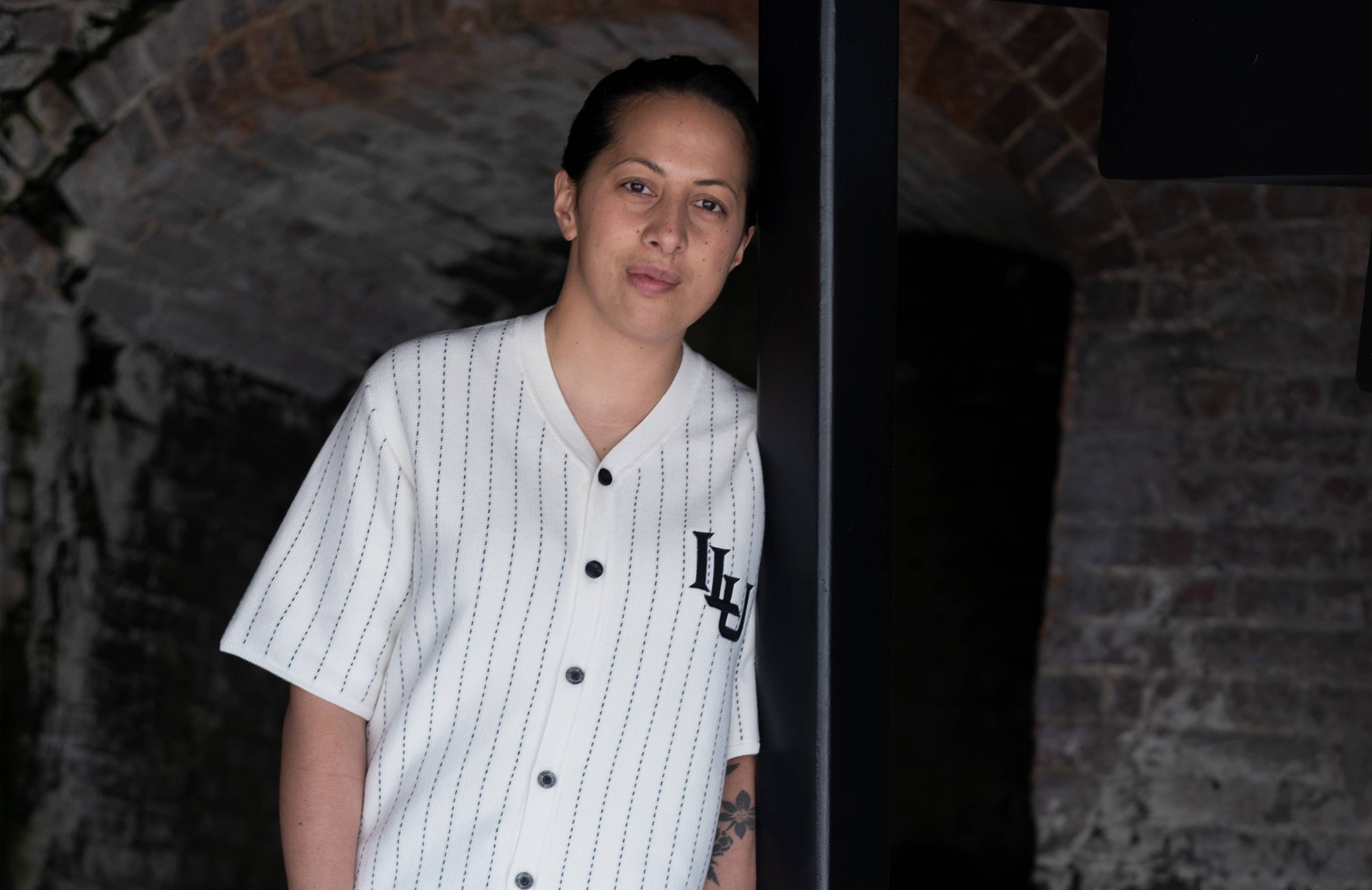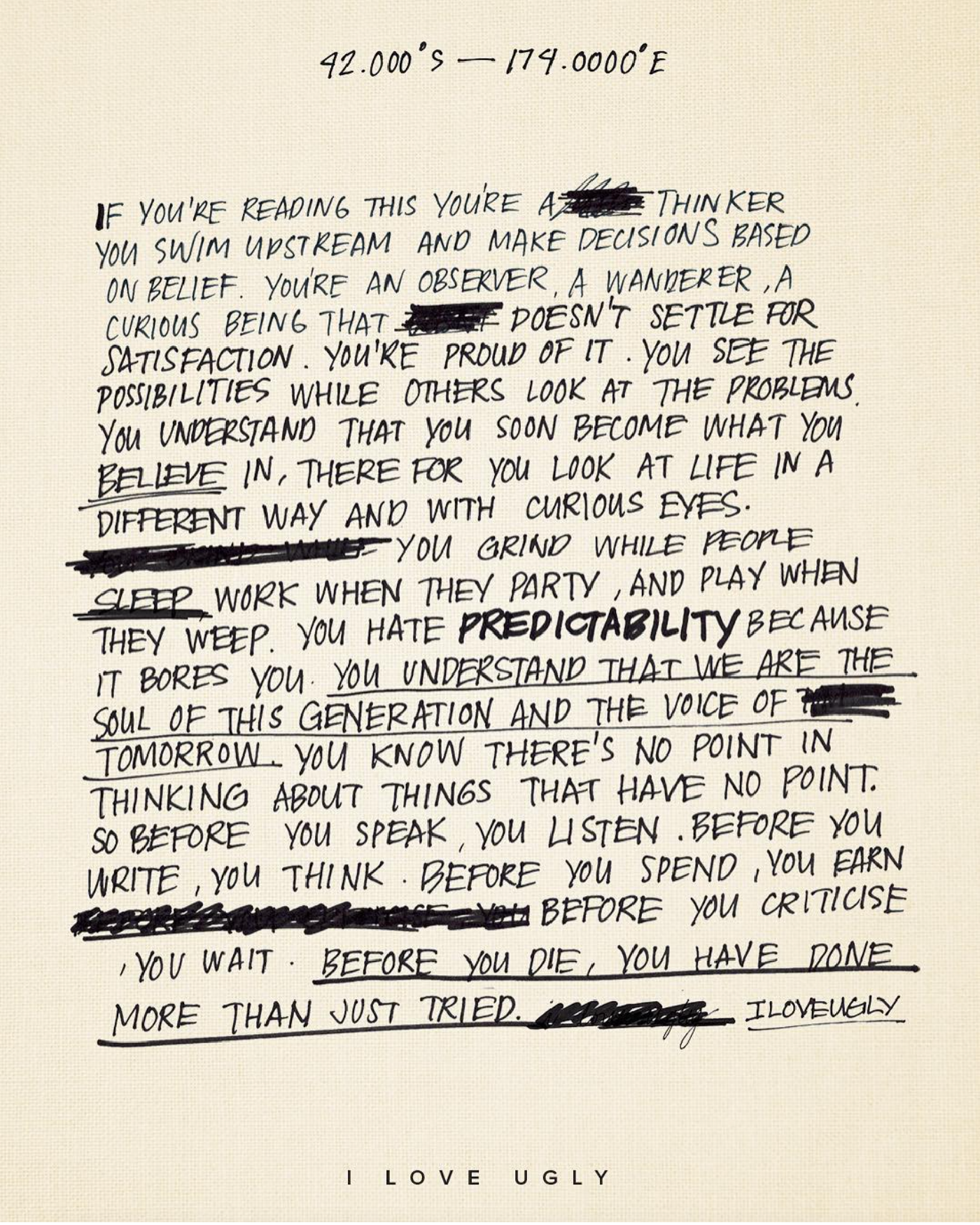We sat down Monique Fiso, renowned New Zealand chef celebrated for her innovative culinary approach and dedication to reviving traditional Māori and Pacific cooking techniques. Fiso is best known for her groundbreaking restaurant, Hiakai, which she founded in 2016. Hiakai, celebrates the flavours of New Zealand's indigenous ingredients but also pay homage to their historical significance.

Then + Now With Monique Fiso — 15 Year Anniversary
Describe one or two dishes that hold special significance for you, and why?
Kotahitanga was a special dish from our menu Watercress Tuna and the Children of Champion Street which was a kai interpretation of a beautiful children's book of the same name by Patricia Grace. Icon gets thrown around a lot these days but she truly is that. Patricia’s book from 1984 was so ahead of its time, it was a celebration of diversity and inclusion. Kotahitanga was the dish that represented that aspect of the story. The dish was an explosion of different colours and textures that came together as an edible rainbow. The entire menu was a huge milestone for our restaurant. We went to another level and haven’t looked back.
Your cooking is known for its deep connection to indigenous and traditional ingredients. How has your exploration of Māori and Pacific cuisine enriched your own culinary perspective and contributed to your growth as a chef?
My culture and my culinary skills are intertwined and the more I understand about one, the more I learn about the other.
I’ve always been a student of the game. From cooking with both of my nanas as a child to studying culinary books as a teenager. I’ve always said that the difference between a good chef and a great one is knowing the ‘why’ and not just the ‘what’. Understanding the history and cultural context of kai is imperative. The best kai in my opinion is tūrangawaewae, of its place.
My partner Katie and I are always dreaming and looking ahead. We have big plans for the next ten years. I can’t say too much but it is definitely a return to the whenua / land. We want to continue to work on the edge but in different places and spaces than where we are now. We are also working on another book which is due to come out next year.
Fuck bitches, get money. And then put that money into a savings account to buy your first home. Or something like that.
What lessons have you learned from your past? Or What lesson did you learn the hard way?
Be careful about who you allow into your circle and learn the power of saying no.
Why is evolution important to what you do and who you are and where you want to go?
Evolution is incredibly important. We are always looking to the future and talking about how we can elevate. Growth is a natural part of life and we embrace it.




Leave a comment
This site is protected by hCaptcha and the hCaptcha Privacy Policy and Terms of Service apply.